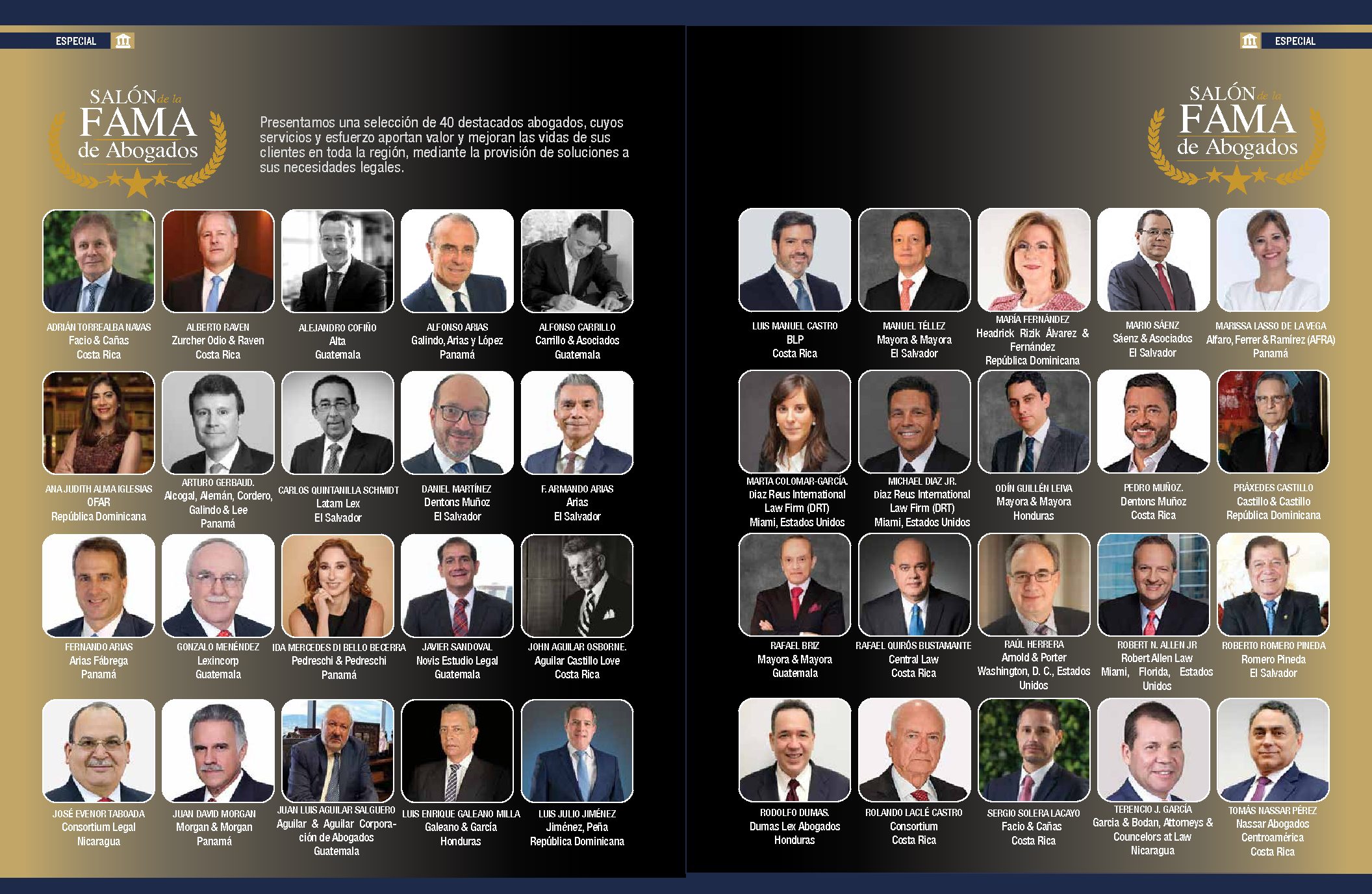In a significant move, the Dubai government has recently expanded the jurisdiction of the Dubai International Financial Centre Courts (the “DIFC Courts”). The major ramification of this move is that it will allow any parties, even those not incorporated within the DIFC free zone, to use the DIFC Courts to resolve commercial disputes. The burning question however is why companies should choose the DIFC court system. The reasons are obvious; the DIFC Courts offer high international standards in the resolution of disputes, use the English language in proceedings and are based on a familiar legal system which makes them an attractive forum for international businesses to resolve their disputes in the Middle East.
This development is being welcomed by the international business community and as a consequence, foreign companies would want to choose DIFC court jurisdiction in their contracts. This article also discusses the important point as to how a company should ensure that any dispute relating to its contract is dealt before the DIFC Courts. Please read more detailed information in the article and do get in touch with us if you would like to follow up further.
The Dubai government recently expanded the jurisdiction of the Dubai International Financial Centre Courts (the “DIFC Courts”), which will allow any parties, even those not incorporated within the DIFC free zone, to use the DIFC Courts to resolve commercial disputes. Previously, only companies based in the DIFC or those that had an issue related to the DIFC could use the DIFC Courts. Now, parties in the region and internationally can agree to use the DIFC Courts in the event of a dispute. However, the DIFC Courts will hear a dispute only if the parties agree to have it heard there. In other words, parties should agree to incorporate the jurisdiction of the DIFC Courts into their contracts prior to taking the dispute to the DIFC Courts.
Why Choose the DIFC Court System?
Founded in 2004, the DIFC Courts make up an independent court system based on common law English model that is generally perceived by certain multinational companies to be more predictable and transparent. The DIFC Courts are comprised of international judges with experience in handling a variety of international commercial disputes and dealing with cases fairly and speedily. The judges are from a number of common law jurisdictions such as England, New Zealand and Malaysia.
The DIFC Court’s procedural rules are largely modeled on English civil procedure rules and as the official language of the DIFC Courts is English, all proceedings are conducted in English and thus there is no need to translate English language documents into Arabic. The winning party is also be entitled to claim their costs from the losing party, in a manner similar to common law proceedings. Due to these reasons the DIFC Courts are recognized to be well geared up to support the needs of modern commerce in the Middle East. It is therefore not surprising that the DIFC Courts will become the jurisdiction of choice for many international contracts and a major centre for dispute resolution in the Middle East.
How to ensure any dispute relating to your contract is dealt before the DIFC Courts?
In light of the new change, for parties who wish to have disputes referred to the DIFC Courts, it is imperative to insert appropriate clauses in their agreements. The devil is in the details, it’s often said. The problem with using already prepared contracts and agreements is that no two situations are alike. Companies and their in-house counsel in the Middle East should bear in mind that the dispute resolution clause is not just boilerplate and they should carefully examine and rationalize their dispute resolution clauses. Care should always be taken to ensure that the choice of jurisdiction is practical and suitable for the particular transaction. It is therefore highly recommended that the advice of an experienced legal practitioner should be sought when entering into new commercial contracts. Also, parties that are currently involved in existing disputes or negotiating contracts should consider the advantages of transferring existing cases to the DIFC Courts and inserting jurisdiction clauses in their contracts specifically agreeing to the DIFC Courts jurisdiction.
The expansion of DIFC Courts jurisdiction represents an important policy shift and will give the business community an unprecedented access to the DIFC Courts. The move is likely to be welcomed by both the legal and business communities and consequently it is also expected that in due course there will be a significant increase in DIFC courts’ caseload because international parties may be more likely to wish to resolve their disputes in, what may appear to them as, a more familiar forum which uses the common law English model.
Arti Sangar is a partner at the Dubai offices of Diaz Reus LLP, an international law firm with extensive experience in litigation and arbitration. She can be contacted at asangar@diazreus.com.




































































































































































































































